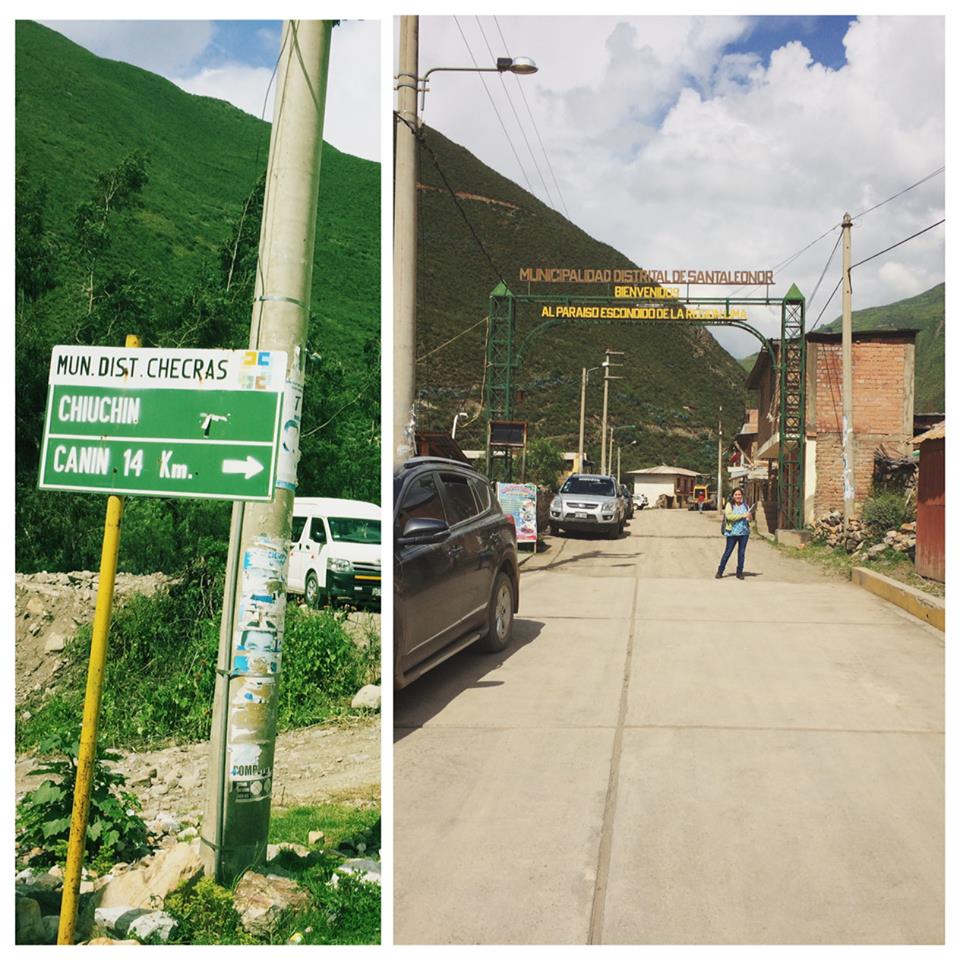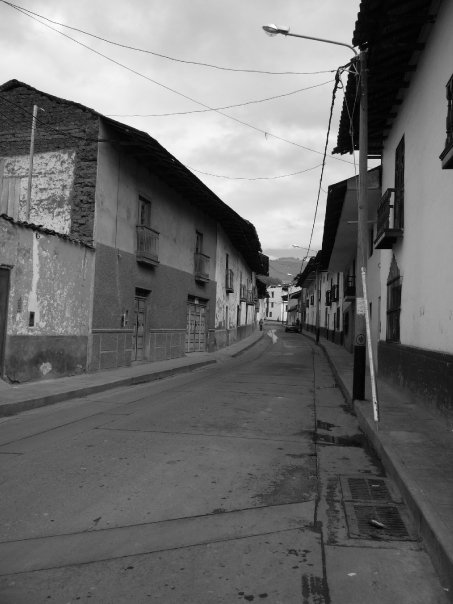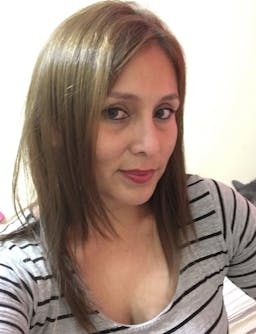We are all immigrants
May 28, 2019
Story


“We are all immigrants” I once read somewhere.
And that’s a blatant truth in my country, a place where you will find households like mine where siblings do not look alike: the sister may look like a Chinese immigrant, and the brother may be mistaken for an Iraqi immigrant.
Diversity is a pivotal characteristic of us: we are all Spanish-speaking South Americans, yet each one of us is unique and certainly different.
My parents’ families come from different places deep in the Peruvian Andes. Such was the geographic distance between them that, even though my four grandparents spoke Quechua (an indigenous language spoken in the Peruvian Andes), they could not communicate between the families because the dialects used were different.
My paternal grandfather, of Spanish descent, was born and raised in a little town far-far away in the Peruvian Andes. When he was 5 years old, he fled from that place along with his mother and his sisters, walking for 2 days through snow and frost until they reached the town of my great-great-grandmother, where they found refuge. My grandfather was a quechua-speaking white boy with brown hair, and he was made fun of by the other kids because of his use of “that language” that was different from theirs. My grandfather was the immigrant, and because of that he was socially marginalised.
My grandfather grew up and it was time for him to marry. He met my grandmother, a good-looking woman of Italian descent and last name, slant-eyed and black-haired. She had completed elementary school in her hometown, which was quite a rare achievement for a woman in that time (the 1940s); but in the eyes of her mother-in-law she was still considered an indigenous, dark and illiterate peasant, a woman who barely understood anything about modernity. My grandmother had left her family to go live with her husband, where she was the immigrant, and because of that she was underestimated.
My parents grew up in different cities, far away from each other. My father was the typical city boy who grew up between groups of friends, school activities and extra-curricular activities, listening to the hits on the radio, going to parties and studying in the best university. When he got married, my father moved to the city where my mother had been raised. His first patients used to tell him: “you are not from around here, isn’t that right Doc?” He was the new doctor, the stranger who had to pave his way by himself: he was the immigrant professional.
I was raised by my grandmothers in a coastal neighborhood where every kid sported beautifully tanned skin, long limbs and jet black hairs. When I started attending kindergarten, I became the target of their mocking due to my fair hair and my skin colour: “your hair is the colour of piss”, “your skin is like a ghost’s” were the epithets thrown at me by my 4-to-5-year-old classmates. How cruel were those children in their innocence, and I was the immigrant and the minority.
My paternal grandfather traveled to the United States when he was 45 years old. He got to California not knowing more than 2 or 3 English words, he studied to be a technical nurseand got a job taking care of elder people. Whenever he felt that California was too big for him, he remembered that time when he was 5 years old and he walked for two days carrying a bag of clothes, and then California was not that big after all. He was again an immigrant, but one who had passed international frontiers.
Each one of us is an immigrant in a certain moment of our lives, and we’re also a minority in a certain moment of our lives. How would we like to be treated in that moment? Cordially or with a cold shoulder? Empathetically o dismissively?
How many of us can brag about NOT having a drop of immigrant blood flowing through our veins? How many of us can boast about NOT having a single gene foreign to our country of origin? There’s a saying in Perú: “el que no tiene de Inga, tiene de Mandinga” (which would be roughly translated as: that one who doesn’t come from Inga has to come from Mandinga”), which means that every single person native to Perú has either indigenous Peruvian or Afro-Peruvian descent, or both. And well, my country – as is the case of every Latin American country that boasts about having a diverse, colourful and rich culture – has in it a vast mixture of different ethnical backgrounds, which gives as a result not only an exotic phenotype of its people, but also a tolerant social environment… or doesn’t it? Truth be told: there’s not enough tolerance within us, and there should be.
Because, if no-one is completely sure of the “purity” of his or her race, or “the level of race mixing” within his or her family tree, then what gives us the right to underestimate, humiliate and crush the immigrant who walks by us today? Even more so if we bear in mind that tomorrow we ourselves could be that immigrant. If it is deemed “normal” in a small community where most of its population are dark skinned to make fun of the person who has a lighter skin, what can be expected from countries where the majority of the population is Caucasian?
Immigration made us what we are today, it gave us the beauty and the phenotypical variety which we now enjoy, but it sadly hasn’t made us any more tolerant with regard to our differences, and that’s because tolerance depends on acceptance, personal and intellectual growth, self-esteem and the capability to feel empathy; and these virtues haven’t evolved sufficiently within our society yet: we still live in an environment where the majority seeks to bully the minorities into submission.
Next time you come across an immigrant, before you make fun of his or her hair colour, skin colour, or different apparel, you should stop and think that you yourself may be an immigrant one day, and how you would like everyone else around you to act whenever that day comes.




